New Filing Feeds Marconi Defense Claims of Legal Fishing Expedition
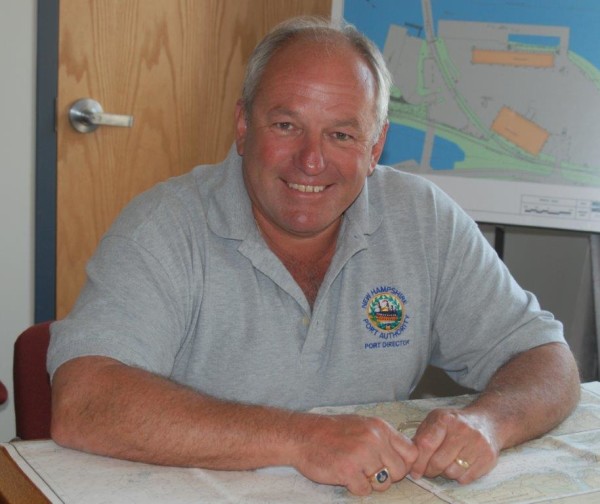
Geno Marconi’s seen a lot of fishing expeditions as New Hampshire’s Ports Director. And now, his defenders say, he’s the subject of a new one — from the New Hampshire Attorney General’s Public Integrity Unit.
Marconi is charged with a slew of felonies and misdemeanors for alleged criminal acts that the Attorney General’s Office has been reluctant to describe in public. It turns out that they may have initially wanted to charge him with something else.
Rockingham Superior Court Judge David Ruoff disclosed this month that he was questioned by state investigators last year about a 20-year-old criminal case involving Marconi.
Ruoff was recently assigned to preside over the criminal case against Marconi after Judge Andrew Schulman was transferred to Hillsborough Superior Court — South in Nashua. As a result, Ruoff filed a Rule 2.11 notice with the court disclosing his past encounters with Marconi and his wife, suspended Associate Supreme Court Justice Anna Barbara Hantz Marconi.
Aside from describing the occasional social gathering, one would expect judges, lawyers, and their spouses to attend. Ruoff’s disclosure contains some interesting history. Two decades ago, Ruoff worked at the New Hampshire Attorney General’s Office and was part of the team that prosecuted former Harbormaster Roger Tropf, though Ruoff was not one of the case investigators.
Tropf’s alleged theft was initially spotted by Marconi, who was then the acting Ports Director, according to records in Tropf’s later employment appeal. A state audit of the port operations found widespread problems, leading to the ouster of Ports Director Thomas Orfe and later Tropf.
Tropf went to trial in 2002 on charges of theft for allegedly submitting fake mileage reimbursement forms. Tropf was later acquitted at trial in May 2002, and Orfe took a deal and pleaded guilty to two misdemeanor charges of theft by deception.
Marconi was suspended in April of last year as the Attorney General’s Office opened its investigation, but no one seemed to know why he was being investigated. Except, maybe Ruoff. Investigators tracked down the judge last spring to discuss the old Trope case, according to the judge’s disclosure.
“More recently, in spring of 2024, I was briefly interviewed by NHDOJ about my involvement in the Tropf/Orf prosecutions. While there were questions about Mr. Marconi’s involvement in the Tropf/Orf prosecutions, the present allegations were not disclosed or discussed. This jurist has no information or knowledge about the pending case, other than what has been generally published in the newspapers,” Ruoff wrote.
The charges the Public Integrity Unit used to finally reel in Marconi last October are not for anything related to Tropf and Orfe. Instead, Marconi’s alleged crime is that he violated New Hampshire’s Driver Privacy Act by providing copies of “confidential records” of one individual known as N.L. to another individual known as B.C.
N.L. is believed to be Neil Levesque, the vice chair of the Pease Development Authority and someone who clashed with Marconi over his management of Rye Harbor for years. B.C. is almost certainly Bradley Cook, the former Chair of the Division of Ports and Harbors Advisory Council, who is also charged with crimes for the alleged criminal mishandling of N.L.’s private records.
But Marconi’s lawyer, Richard Samdperil, writes in a pending motion to dismiss the charges that Marconi did nothing wrong. As the Ports Director, Marconi handled applications for pier use permits. Pier permit applicants are required to submit copies of their car and boat registration with the full application. At the time of the alleged crimes, Levesque was applying for a pier permit, according to Samdperil.
That means it is conceivably very legal for Marconi to have had copies of Levesque’s “confidential” driving records. It would also make sense for Cook, the advisory council chair, to at least be aware of the application.
And, it now seems likely people in the Attorney General’s Office thought there was potential criminal conduct in the way Marconi handled the 20-year-old case against Tropf and Orfe. Instead, they may now be hoping the whole case isn’t a long walk off a short pier application.

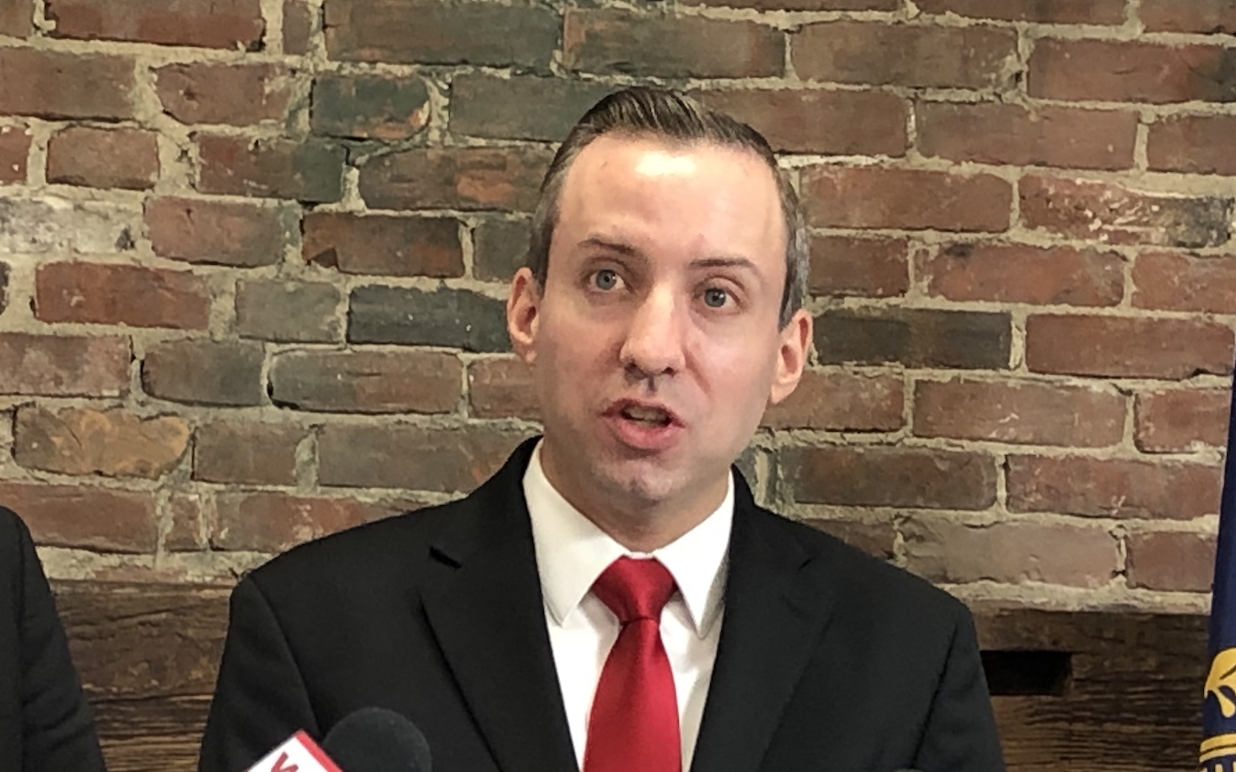
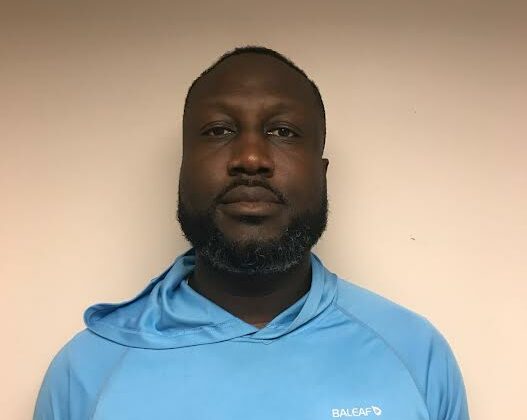

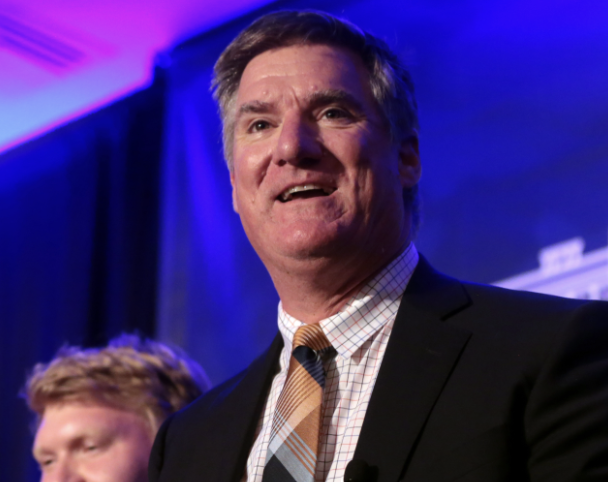

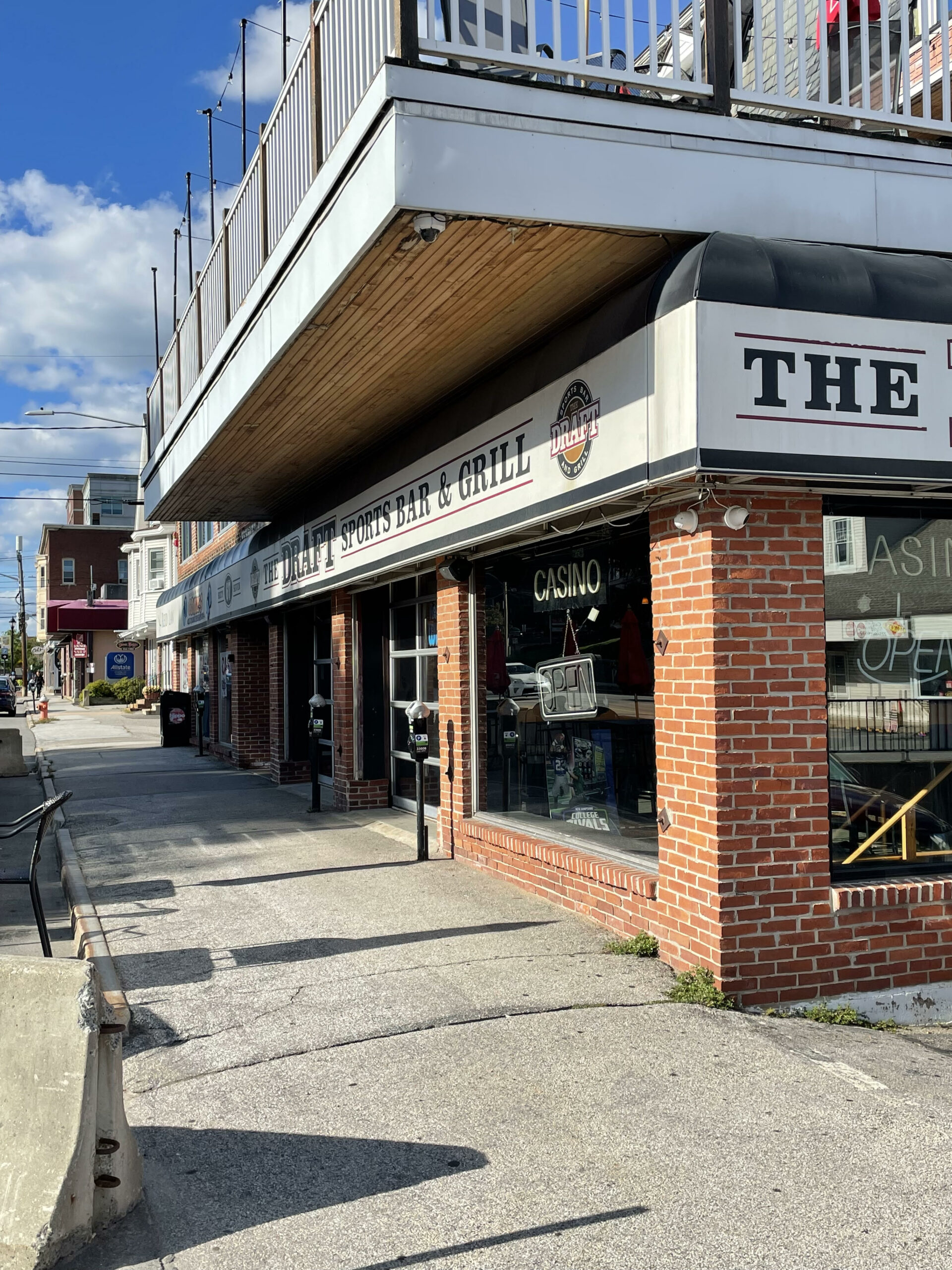 Sanborn is accused of misappropriating $844,000 in pandemic relief tax dollars while operating a casino at his Draft Sports Bar and Grill, which he owns along with his wife, state Rep. Laurie Sanborn (R-Bedford). The allegations against her business partner forced her to give up her position as chair of the
Sanborn is accused of misappropriating $844,000 in pandemic relief tax dollars while operating a casino at his Draft Sports Bar and Grill, which he owns along with his wife, state Rep. Laurie Sanborn (R-Bedford). The allegations against her business partner forced her to give up her position as chair of the 

